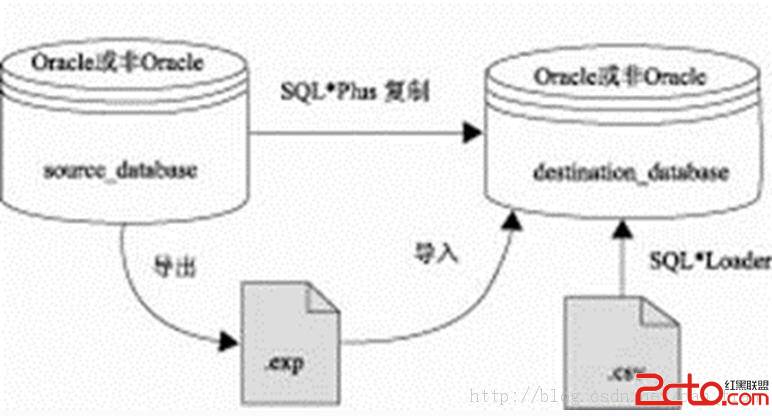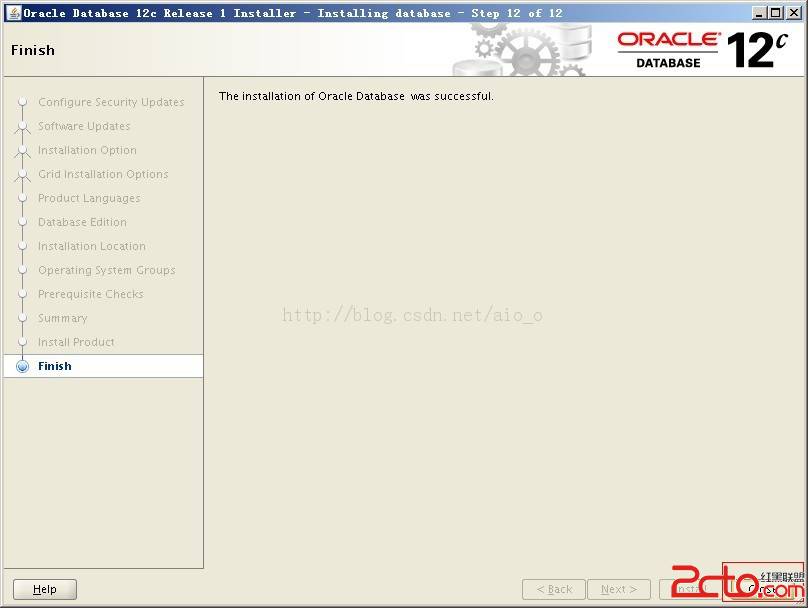Oracle使用TRANSLATE函数替换字符串中的字符
Oracle使用TRANSLATE函数替换字符串中的字符
一个需求,如何将(1234,56789,12345)替换为'1234*56789*12345'?
第一种方式,使用replace:
ChenZw> SELECT REPLACE(REPLACE(REPLACE('(1234,56789,12345)',',','*'),'(',''''),')','''') FROM DUAL;
REPLACE(REPLACE(RE
------------------
'1234*56789*12345'
已选择 1 行。
上面的代码明显比较粗鲁,下面看一下Replace函数的官方介绍:
Purpose
REPLACE returns char with every occurrence of search_string replaced with replacement_string. If replacement_string is omitted or null, then all occurrences ofsearch_string are removed. If search_string is null, then char is returned.
Both search_string and replacement_string, as well as char, can be any of the data types CHAR, VARCHAR2, NCHAR, NVARCHAR2, CLOB, or NCLOB. The string returned is in the same character set as char. The function returns VARCHAR2 if the first argument is not a LOB and returns CLOB if the first argument is a LOB.
Examples
The following example replaces occurrences of J with BL:
SELECT REPLACE('JACK and JUE','J','BL') "Changes"
FROM DUAL;
Changes
--------------
BLACK and BLUE
第二种方式,使用translate函数:
ChenZw> SELECT TRANSLATE('(1234,56789,12345)','(,)','''*''') AS STR FROM DUAL;
STR
------------------
'1234*56789*12345'
已选择 1 行。
使用这个函数处理这个问题就看起来比较舒服一点,至少没有replace那么暴力,看一下官方关于translate函数的介绍:
Purpose
TRANSLATE returns expr with all occurrences of each character in from_string replaced by its corresponding character in to_string. Characters in expr that are not in from_string are not replaced. The argument from_string can contain more characters than to_string. In this case, the extra characters at the end offrom_string have no corresponding characters in to_string. If these extra characters appear in expr, then they are removed from the return value.
If a character appears multiple times in from_string, then the to_string mapping corresponding to the first occurrence is used.
You cannot use an empty string for to_string to remove all characters in from_string from the return value. Oracle Database interprets the empty string as null, and if this function has a null argument, then it returns null. To remove all characters in from_string, concatenate another character to the beginning offrom_string and specify this character as the to_string. For example, TRANSLATE(expr, 'x0123456789', 'x') removes all digits from expr.
TRANSLATE provides functionality related to that provided by the REPLACE function. REPLACE lets you substitute a single string for another single string, as well as remove character strings. TRANSLATE lets you make several single-character, one-to-one substitutions in one operation.
This function does not support CLOB data directly. However, CLOBs can be passed in as arguments through implicit data conversion.
Examples
The following statement translates a book title into a string that could be used (for example) as a filename. The from_string contains four characters: a space, asterisk, slash, and apostrophe (with an extra apostrophe as the escape character). The to_string contains only three underscores. This leaves the fourth character in the from_string without a corresponding replacement, so apostrophes are dropped from the returned value.
SELECT TRANSLATE('SQL*Plus User''s Guide', ' */''', '___') FROM DUAL;
TRANSLATE('SQL*PLUSU
--------------------
SQL_Plus_Users_Guide





